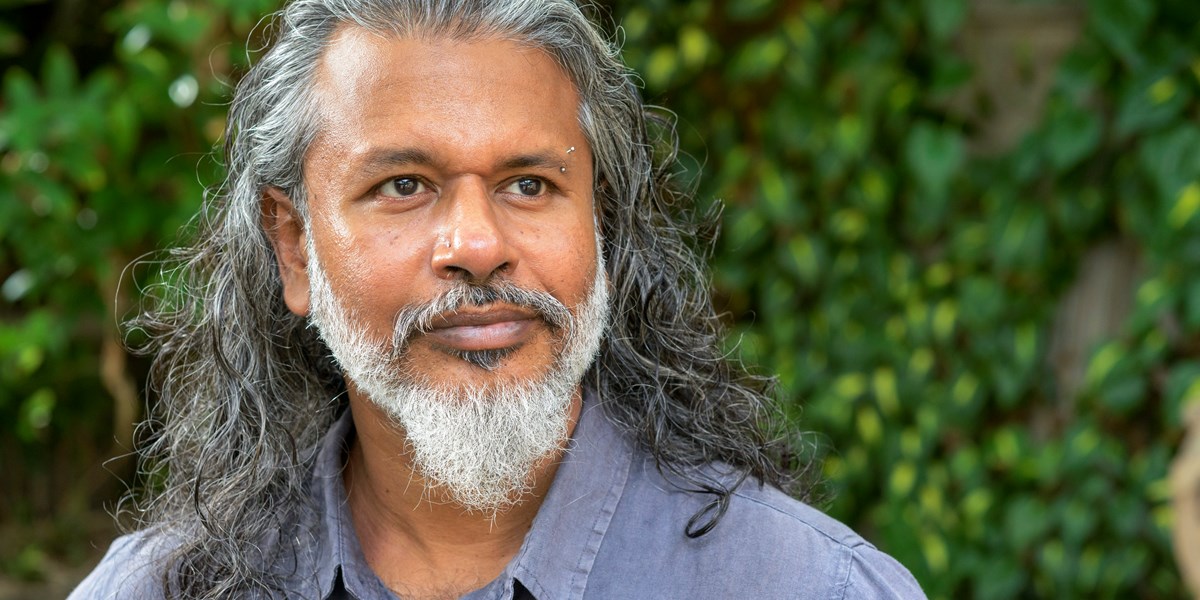Monday, February 13, 2023
Shehan Karunatilaka interview: “Since the 2010s you had kids shooting hip-hop videos. Underground stuff”
The winner of the Booker Prize 2022 talks playing in Sri Lankan grunge and trip-hop bands, the Aragalaya protests and his love of The Police

©Dominic Sansoni

Register now to continue reading

Thanks for visiting the Songlines website, your guide to an extraordinary world of music and culture. Sign up for a free account now to enjoy:
- Free access to 2 subscriber-only articles and album reviews every month
- Unlimited access to our news and awards pages
- Our regular email newsletters

